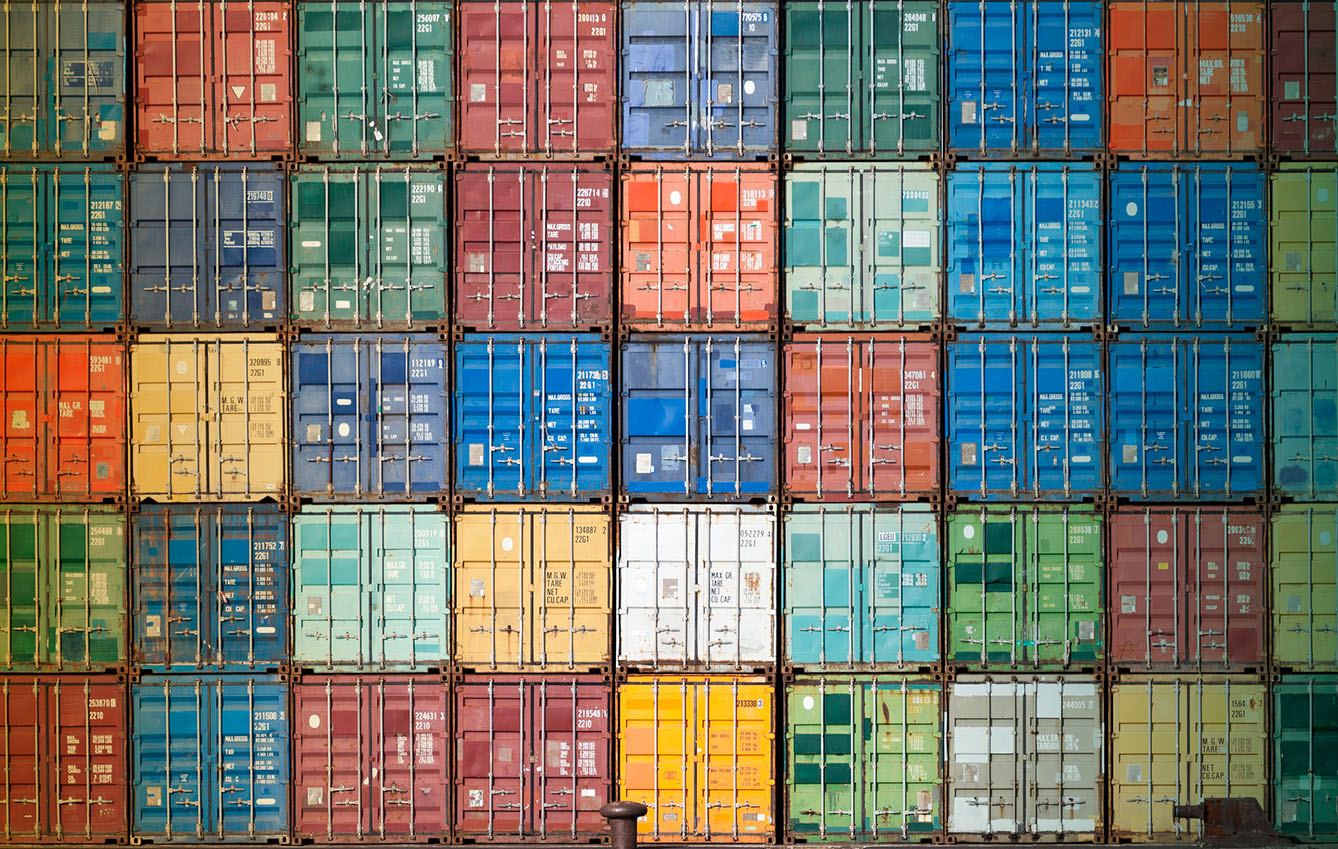The global phenomenon of increased nearshoring and reshoring started with the US-Chinese trade war in 2018. Still, the Covid-19 pandemic and its devastating effects on supply chains accelerated the trend of companies wanting to move production closer to end markets. The pandemic and the lockdowns, travel restrictions, quarantined workers, and the many ripple effects it brought wreaked havoc on global supply chains in 2020. Not much has changed two years later, with sky-rocketing shipping rates, container displacements, driver shortages, and China’s zero-Covid policy continuing to make international trade much more complicated than it used to be.
These factors have made shipping more expensive than it used to be and, in part, due to backlogs, much slower. Instead of six weeks as earlier, it can now often take around ten weeks for a container from China to reach Europe or the U.S. Any buyer now has to take into account that container freight rates, which used to stand around USD 2,000, have stabilized around USD 15,000 since the summer of 2021.
The chaos that has struck supply chains has made many companies bring back production processes that they had once outsourced back home; a practice called reshoring. Others decide on moving production back from across the world to the immediate region of its end market, also known as nearshoring. The need for companies and countries to attach greater importance to reliability in supply chains was struck home visually with the grounding of the Ever Given in the Suez Canal in March 2021, blocking one of the main bottlenecks of global trade for nearly a week.
A window of opportunity for the Three Seas Initiative
The Three Seas Initiative, a group of 12 EU member states located between Estonia in the north to Croatia and Bulgaria in the south, is according to analysts in an excellent position to capitalize on the trend of nearshoring. The Three Seas states are members of the EU, the world’s largest single market area and have excellent infrastructure links with the Western Europe, the most prosperous part of the bloc.
Savills PLC, one of the leading global real estate services, has many of the Three Seas states among the top contenders to benefit from the shock to supply chains. The reasons for this are many. Most importantly, the Three Seas states have highly educated labor forces. They also have good language skills, with the likelihood of finding workers able to communicate in English or German much higher than in China or Vietnam. It is also easier for companies located in France, Germany, or Great Britain to work together with colleagues in Three Seas states given the common time zones.
Beneficial trends
Another critical factor in favor of nearshoring to the Three Seas states is that labor costs in China have increased so much in recent years that it isn’t as profitable to maintain production there as it once was. Labor costs are also rising in Central Eastern Europe. Still, the region also has other strengths, such as the fact that many countries already have established manufacturing economies that focus on export. Many major global manufacturers are already established here, creating possibilities for synergic effects.
Practically all Three Seas states have also been EU members now for 15 years or more and have matured into diversified business locations that increasingly attract companies interested in relocating senior positions abroad. Classic industrial production is joined by businesses linked with IT, the finance sector, and the pharmaceutical and medical device industries. Services are also following suit, attracted by good office markets with access to comparably cheap premium office buildings.
Altogether, the pandemic is likely to strengthen the nearshoring trend to the Three Seas Initiative, with many of the new jobs consisting of senior positions and better wages. In this unique atmosphere, young students and other brilliant minds in the region are likely to think twice before looking for jobs abroad. Instead, they might help the Three Seas states climb higher on the ladder of global value chains.







